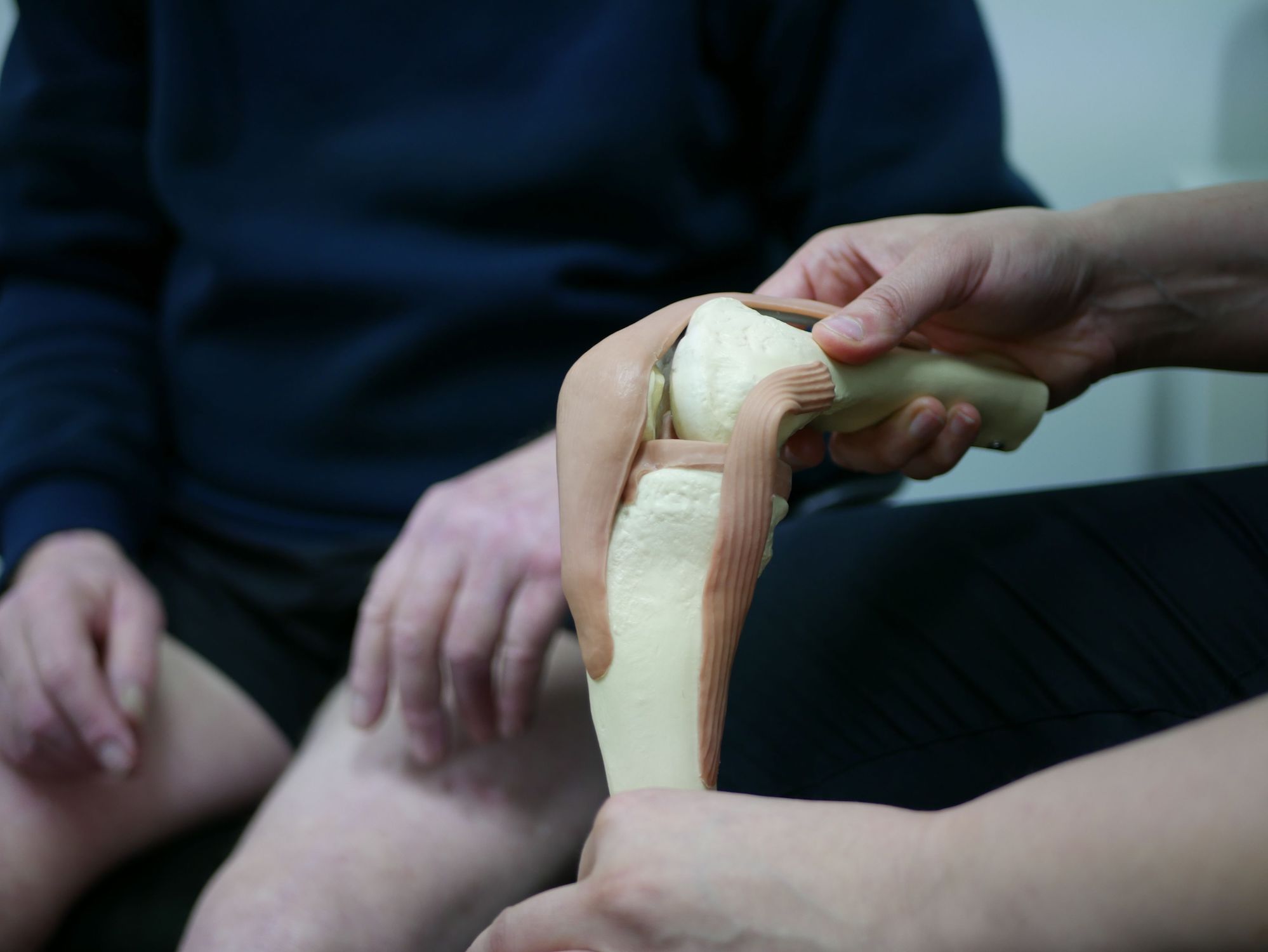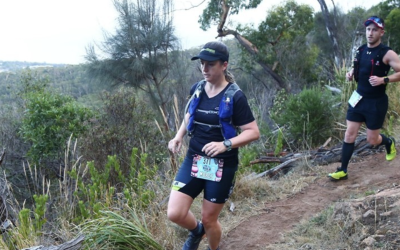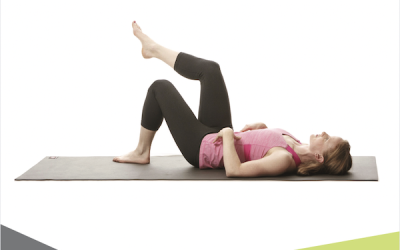It’s normal to be scared of surgery

Fear and orthopaedic surgery
Fear. It’s a strong word.
Orthopaedic surgery. It’s a big deal.
Together they can be a vicious bundle, but one I have seen again and again.
When we think of surgery, it’s hard not to think about the worst case scenarios. Perhaps you start to worry about the cost, or the risk of post-operative drugs and the effect these might have on your body. The worst part, is possible when a friend or family member have been through a similar procedure and they tell you how easy it is…because what if it isn’t so easy for you? (Cue panic!)
In all honesty, if there is one thing I am certain of, it is that EVERY human recovers differently from surgery.
Physiologically, humans vary significantly with their healing capacities and their body’s experience of pain. I have met some people who are bruised and battered from surgery, and yet they feel minimal pain; and others with minor surgeries who have intense pain. This is due to many different reasons, but their personal history and their tissue healing are two major factors in this. Some people scar up significantly after surgery, and you can bank your bottom dollar that if their skin heals with an ugly scar, that the deep tissues probably heal a bit more thickened than some other people. These are all normal variations of human collagen tissue.
Please remember that your experience of surgery is not like anyone else’s. So, be careful post-surgery when you start talking about how well you got through the procedure, because it can really make people panic about theirs!
I know most people are really well-meaning when they say how well their operation went. But this can really negatively affect someone fresh out of surgery, when they are going through a really difficult time. For some people this may be the single biggest challenge they have in their life, so don’t disregard it by saying “when I did XXX I was back walking in a week (blah, blah, blah – great work you hero). It’s just not nice. How about you just wish them well and leave it at that. Maybe even bring around some flowers or cook them a meal. That’s far more helpful.
You see, pain, fear and anxiety go hand-in-hand.
We all hope and expect that everything under anaesthetic went hunky-dory, but the reality is that surgeons are human beings (which means like the rest of us, they DO make mistakes) and they can sometimes go into a surgery expecting on thing from the MRI results, to then open up and realise that there is a lot more going on than the scan suggested. This can mean that the initial expectations from prior to the surgery can be a long way off the reality facing a client on the other side.
So, if you are struggling a little bit after surgery, and worried that you might not be improving as quickly as you expected, don’t talk to your mate about it – just go and get some advice from a knowledgeable health professional.
Achilles Tendinopathy: An Overview of Symptoms, Causes & Treatments
Achilles tendinopathy is a term used to describe pain in the Achilles as a result of breakdown of the tendon tissue. What causes Achilles tendinopathy? Overuse Poor blood supply Poor biomechanics (body movement) What are the symptoms of Achilles tendinopathy? Pain...
Tendon Tissue and the Cycle of Pain
Tendons and Training When tendons are chronically exposedto training volumes that are beyond their capacity of loading, there becomes a cycle of injury, inflammation and repair thatcan lead to swelling and pain, which is a tendinopathy. The loading can be through...
Transverse Abdominis Exercise With Downloable sheet
Transverse Abdominis - a muscle layer of the anterior and lateral abdominal wall which is deep to the internal oblique. The transversus abdominis (TA) is a muscle layer of the anterior and lateral (front and side) abdominal wall which is deep to (layered below) the...



